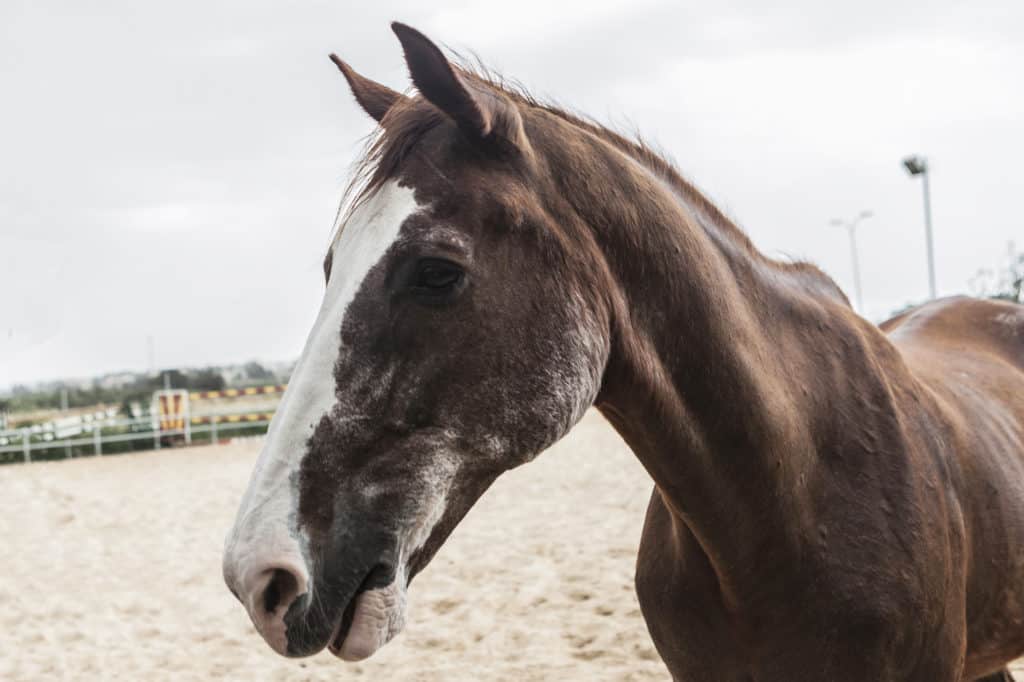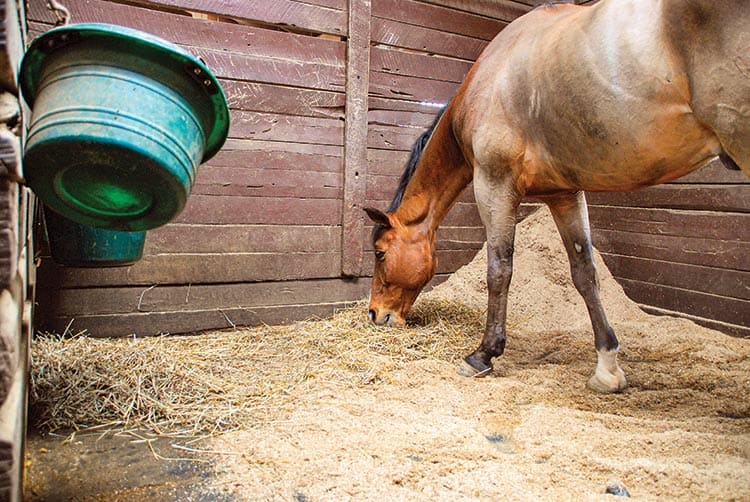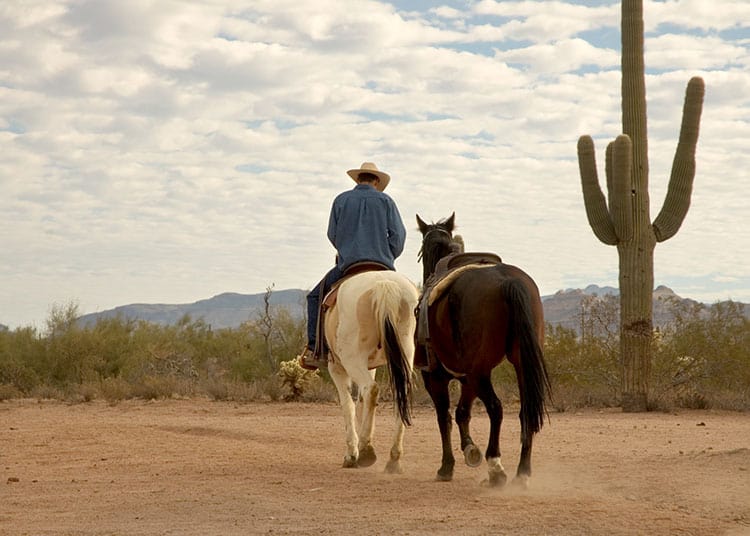
Feeding Frequency in Horses: How Many Meals is Enough?
Horses evolved to eat frequent, small roughage meals throughout the day, so why do we only feed them twice? Read more in The Horse‘s 2024 Preventive Care issue.

Horses evolved to eat frequent, small roughage meals throughout the day, so why do we only feed them twice? Read more in The Horse‘s 2024 Preventive Care issue.

An equine nutritionist explains why your horse might waste concentrate and hay and how you can combat this.

An equine nutritionist answers a reader question about how her horse’s diet might play a role in his poor coat quality and hair loss.

When switching your horse to a forage-focused diet, first obtain a hay analysis and choose a ration balancer that fills the nutritional gaps.

Is your senior horse a picky eater? Be sure he has regular veterinary dental examinations and consider changing his forage or concentrate feed.

One expert explains whether horses that maintain body condition well on forage alone get enough protein from only eating hay.

Researchers suggest high-protein diets might be harmful for horses with ID.

Find out how to design an affordable feeding program while still meeting your horse’s nutritional requirements.

An equine nutritionist breaks down what’s in a grain-free feed and how you might increase calories for a performance horse consuming a grain-free diet.

Here’s a look at what hair analysis and bloodwork each can tell you about your horse’s nutritional health.

Learn how to design a diet for horses suffering or recovering from equine odontoclastic tooth resorption and hypercementosis (EOTRH).

One equine nutritionist explains how to ensure your horse’s diet does not contain dangerous levels of sugar.

Signs your horse has eaten foxtail and how to mitigate it in your pastures.

If you’re making changes to a horse’s diet, do it slowly. Learn why this applies to not only concentrate feeds but also forage.

Don’t forget horses need calories to keep cool in the heat.

Follow these steps to help your overweight horse subsist on fewer calories.
Stay on top of the most recent Horse Health news with
"*" indicates required fields